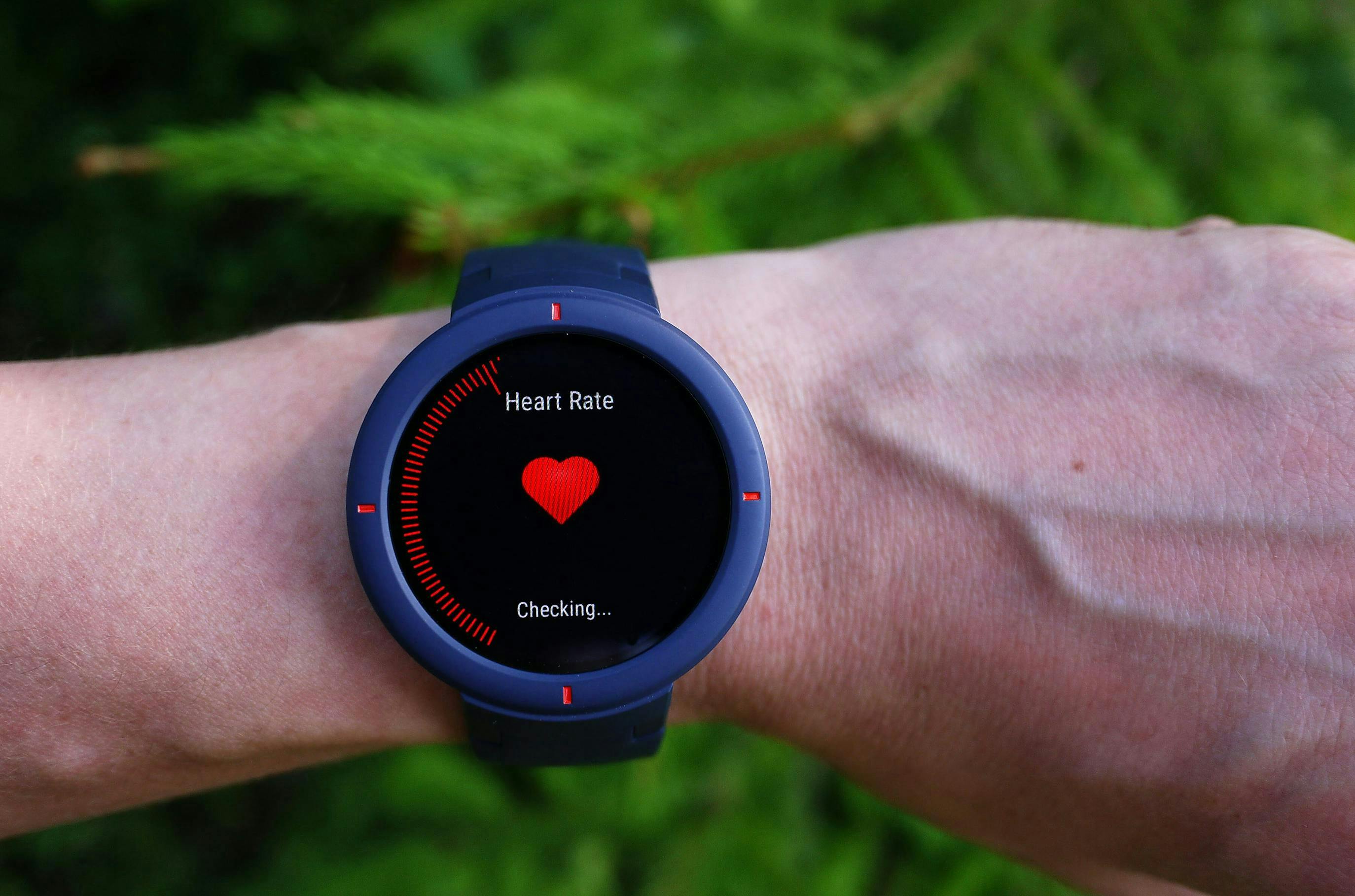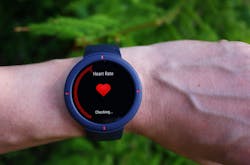How Law Enforcement Can Use Tech to Improve Mental Health
What to Know
- Law enforcement officers are at higher risk for mental health issues due to trauma exposure, shift work, and physical health challenges.
- Early warning systems and wearable devices can monitor behavioral and physiological indicators to identify officers at risk before crises develop.
- Digital wellness platforms provide confidential, on-demand mental health resources, reducing stigma and encouraging help-seeking behaviors.
Those in law enforcement are often at higher risk for stress-related mental health concerns. The stressors of repeated exposure to trauma, high-stakes decision-making, long hours, on-duty injuries, and unpredictable schedules compound over time, placing officers at higher risk of depression and other mental health concerns.
According to the International Association of Chiefs of Police’s National Consortium on Preventing Law Enforcement Suicide, the long-term and consistent exposure to trauma and extreme events can desensitize officers and contribute to their inability to cope with the stress effectively. The stress overload can feel overwhelming and add to an officer’s mental strain. That strain can result in post-traumatic stress symptoms, misuse of substances, depression, altered behavior, and suicidal thoughts.
The Invisible Burden Behind the Badge
Law enforcement officers have a higher risk than other segments of the population for social isolation, exposure to trauma, chronic disease, and disability, and other factors that can lead to suicidal thoughts and behaviors. And some segments within policing have even higher rates of suicidal thoughts, such as those with substance use disorders, certain medical conditions, and military service members, among other groups.
And if that’s not enough, a separate NIH-backed study found that shift work, especially overnight shifts, was associated with higher rates of absenteeism and illness among police personnel. Physical well-being plays a huge part in mental health, so those shift workers in law enforcement who are not getting enough sleep or proper nutrition often find themselves dealing with physical health issues such as cardiovascular disease.
Early Warning Systems
In recent years, a growing number of agencies have turned to technology to enhance public safety and support officer wellbeing in more proactive, preventative ways. One of the most promising developments is the implementation of early intervention systems (EIS). These data-driven platforms help agencies monitor behavior patterns that may signal underlying mental health issues, such as spikes in use-of-force reports, repeated citizen complaints, or increased sick leave.
Instead of viewing these data points in isolation, EIS tools provide a more holistic picture of an officer’s work history. When thresholds are triggered, supervisors can initiate conversations or recommend mental health resources before issues escalate into disciplinary action or personal crises. As agencies embrace non-traditional wellness plans to keep their staff healthy and maybe help reduce turnover, technology could prove useful.
Wearable Technology
While data analytics can flag long-term trends, wearable devices look at the present. Smartwatches and biometric sensors can track real-time heart rate variability, sleep quality, and other stress indicators. Combined with supervisory oversight of traumatic calls, officers—and even dispatchers—can be reminded to check their wearable devices in the hours, days, and weeks following a critical incident.
Often, the reminder that they’re not alone and supervisory staff realize the impact of traumatic calls not only nudges them to check their wearable devices and check in with themselves and how they’re feeling, but it also may provide the green light first responders may need to ask for time off or schedule time with a mental health professional or physical doctor.
Digital Wellness Apps and Platforms
Beyond real-time data, digital wellness platforms can give first responders access to mental health tools on demand. These might include self-assessments, confidential therapy booking systems, peer support forums, or stress management training.
Officers may hesitate to seek help in person due to stigma or fear of professional consequences. Online platforms—particularly those available 24/7—can lower those barriers by offering private, self-paced resources that don’t require formal disclosure. Departments that embed these tools into onboarding, performance reviews, and even routine check-ins signal that mental health is an institutional priority, not an afterthought.
Technology as a Tool for Reducing Workplace Strain
While wellness platforms directly support emotional health, operational technology plays an indirect but equally important role. Many factors contributing to officer burnout are rooted in operational inefficiency: outdated systems, siloed data, administrative overload, and resource constraints that stretch teams thin.
Technology solutions, system integrations, and artificial intelligence to minimize repetitive data entry can ease some of the workload. When officers spend less time manually filling out forms, typing in the same information into disparate systems, transcribing interviews, or performing any of the many other repetitive tasks required, they can focus more on meaningful work with less friction and frustration. And less frustration on the job can translate to less cumulative stress.
The Path Forward
Supporting the mental health of law enforcement professionals requires more than offering a hotline or holding an annual seminar. It requires technological and cultural systems that proactively identify risk, reduce strain, and make help easier to access.
From early warning systems to wearable monitors, from automation to digital counseling, the right tools can help agencies shift from reactive crisis management to preventative mental health support. In doing so, they build a workforce that’s not only more resilient but also more respected, supported, and sustainable.
About the Author
Toni Rogers
Toni Rogers is a freelance writer and former manager of police support services, including communications, records, property and evidence, database and systems management, and building technology. She has a master’s degree in Criminal Justice with certification in Law Enforcement Administration and a master's degree in Digital Audience Strategies.
During her 18-year tenure in law enforcement, Toni was a certified Emergency Number Professional (ENP), earned a Law Enforcement Inspections and Auditing Certification, was certified as a Spillman Application Administrator (database and systems management for computer-aided dispatch and records management), and a certified communications training officer.
Toni now provides content marketing and writing through her company, Eclectic Pearls, LLC.



